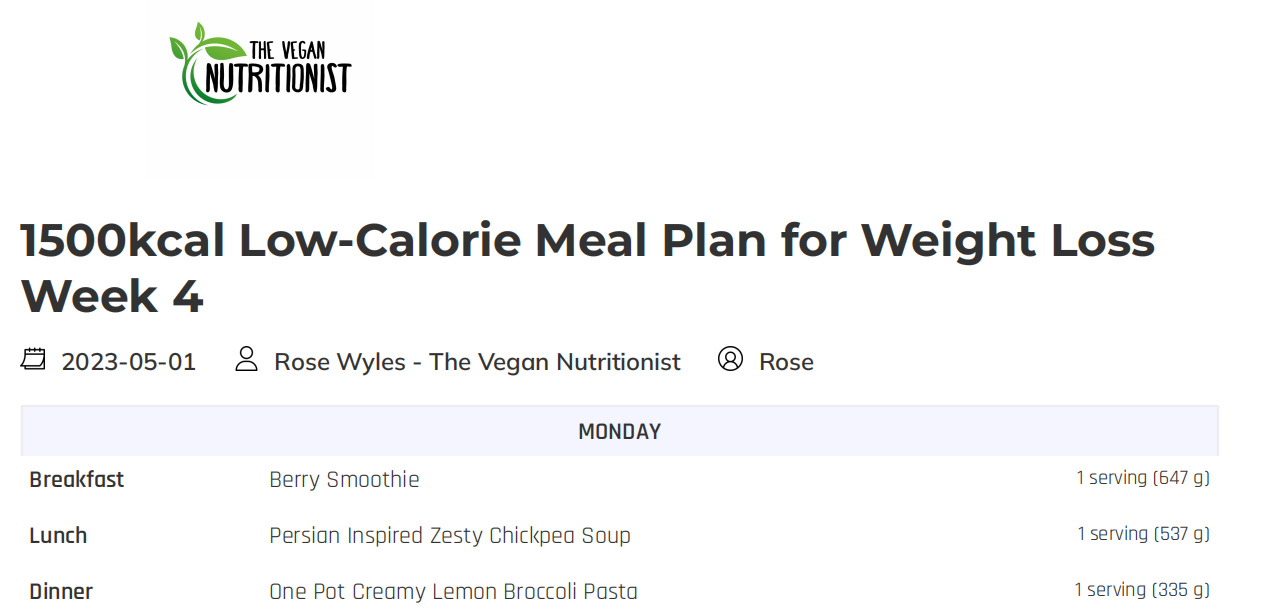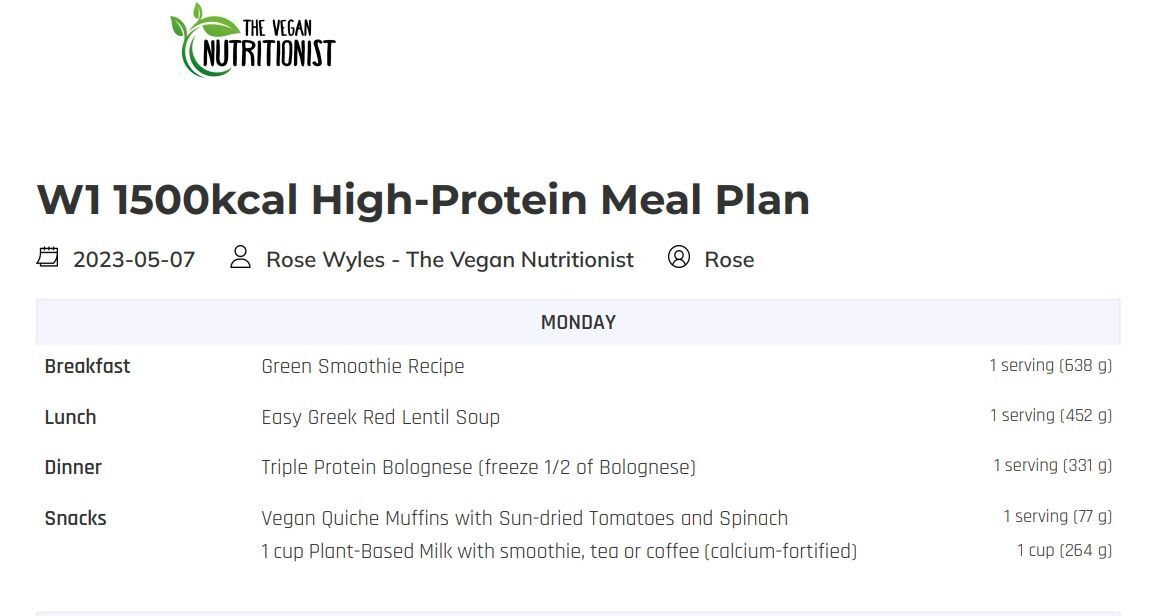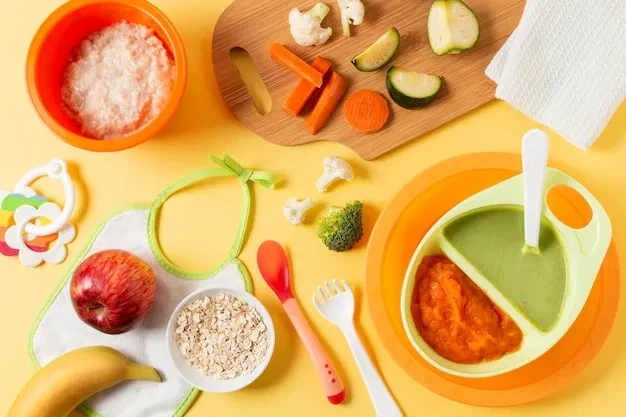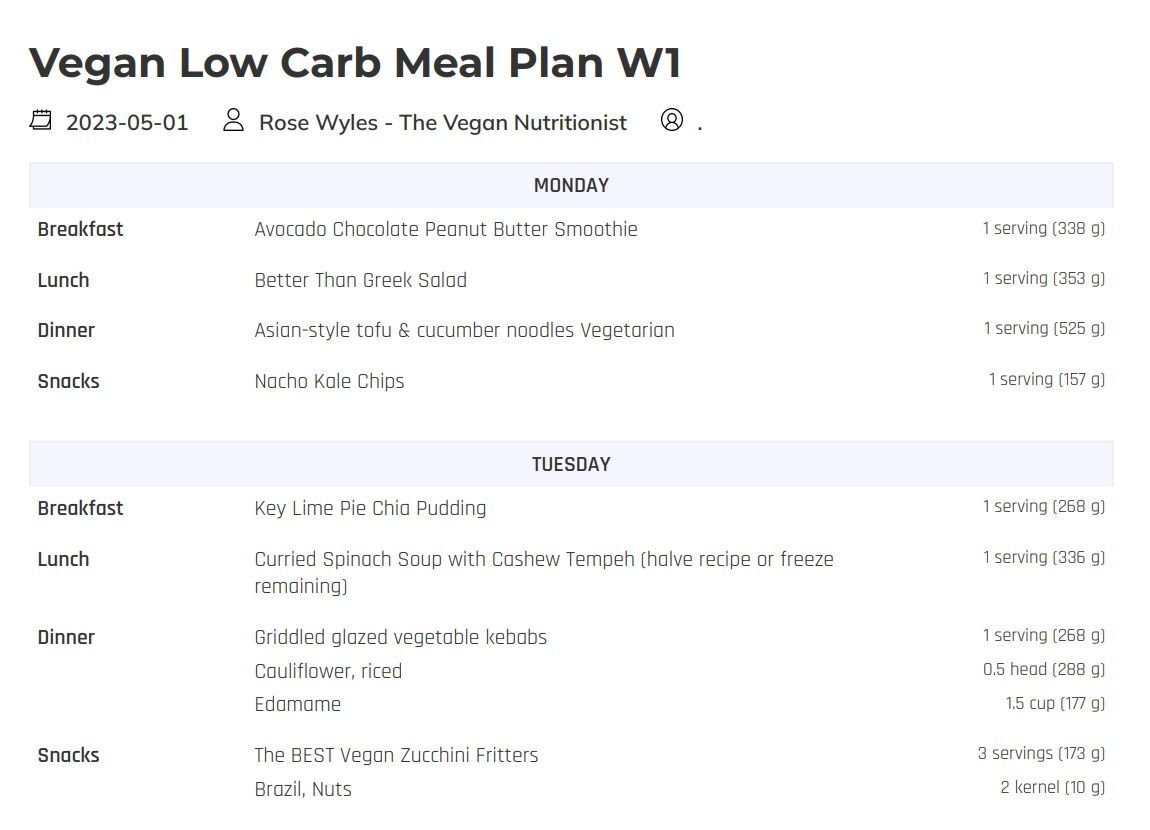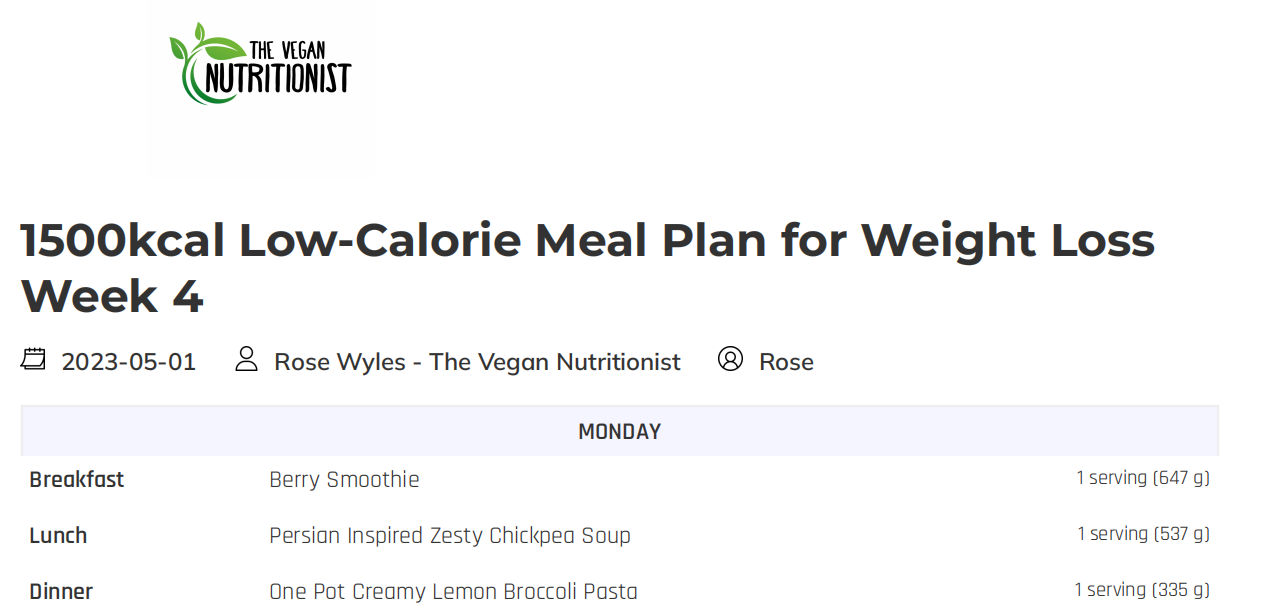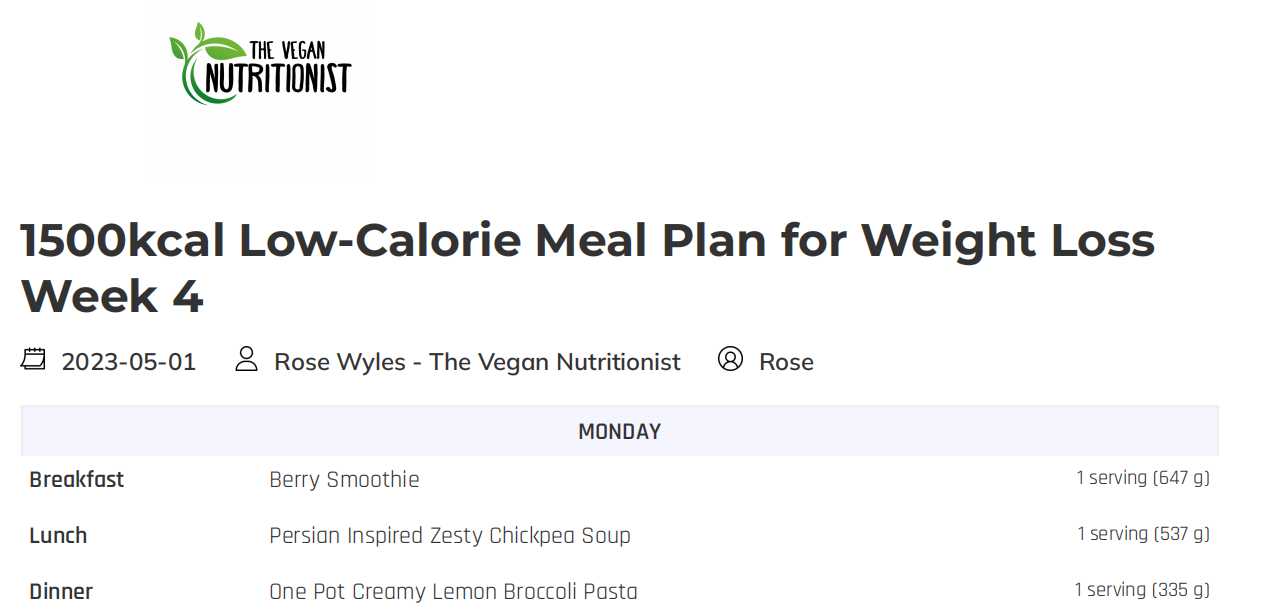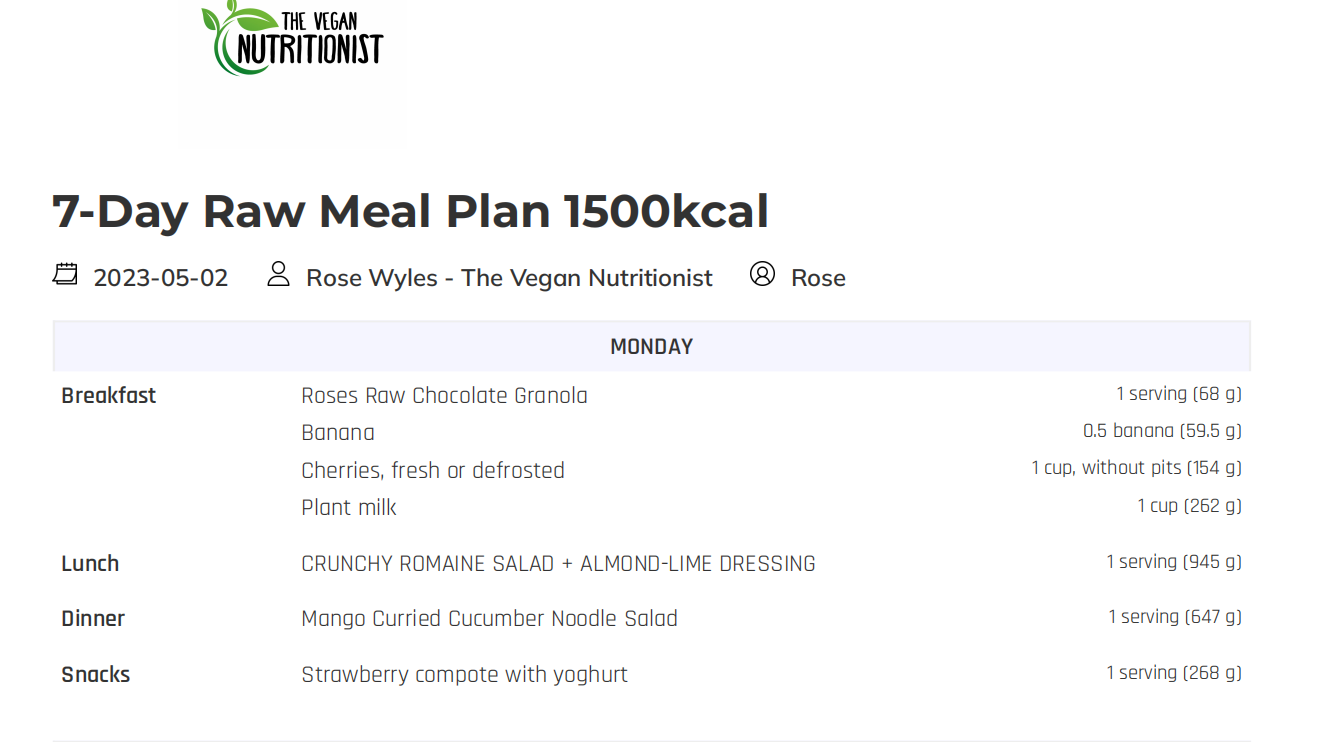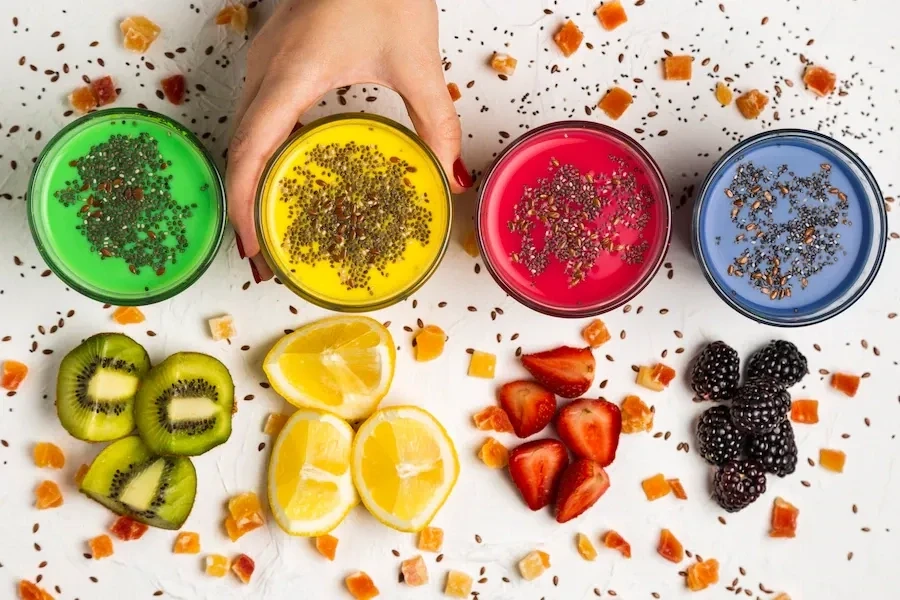BEETROOT JUICE FOR DIABETICS
When you are diabetic, you need to be careful with your diet.
While most vegetables are good for diabetics and are always part of a healthy diabetic food plan, certain root veggies that are high in natural sugars often get left behind due to fear that they may cause a spike in blood sugar levels.
Beetroots are a classic example for this.
So how can beetroot juice be good for diabetics? Let's find out.

There is mounting evidence that beetroot juice can be beneficial for people with diabetes. Diabetes is a disease in which people do not have sufficient insulin in their blood to process glucose from food into energy that their bodies can use. Over time, untreated diabetes can cause many serious health problems including heart disease, stroke, blindness, kidney disease and amputations as a result of poor circulation. In extreme cases, death can result.
Beetroot juice is high in antioxidants and minerals that have been linked to a variety of health advantages. Commonly referred to as a superfood, and this jewel-colored root vegetable has been used to treat anything from constipation to fever for generations. Beets are high in folates, potassium, and other elements that are helpful for your overall health, but research suggests that they may be especially useful for people with diabetes.
Because beets are high in a monosaccharide called sucrose that can temporarily elevate blood sugar levels, people with diabetes should be careful when consuming them. They can do this by including them in controlled portions and as part of a overall dietary intervention monitored by a healthcare professional.
However, what most people do not know is that even though beetroots are high in natural sugars, that they still make a good combination for those with diabetes and that they should also be used as part of the overall nutritional intervention needed to aid those managing their diabetes.
Here are some of the documented health advantages of beet juice, including how it can help people with diabetes.
LOWER BLOOD SUGAR AND INSULIN
Beetroot juice contains many phytochemicals demonstrated to regulate glucose and insulin levels in humans. Several studies have examined the impact of drinking beetroot juice on blood sugar control and blood pressure in people with type 2 diabetes.
The beetroot juice's lower blood glucose levels were studied in a 2014 study [1]. The study found that drinking 225 milliliters of beetroot juice (about 1/2 cup) reduced post-meal glucose levels significantly.
In a different study, the participants who drank beetroot juice had better blood sugar control than those who didn’t drink beetroot juice.
In another study, participants who took beetroot juice had lower blood sugar levels two hours after drinking it than people who took a placebo drink.
The active ingredient in beetroot juice is betaine, which has been shown to improve blood sugar control and reduce the risk of heart disease. Betaine has also been shown to reduce the risk of type 2 diabetes.
LOWER RISK OF CHRONIC DISEASES
Foods high in antioxidants, such as beets, have been proven effective in avoiding chronic disease. Antioxidants protect cells from damage by combating free radicals. Oxidative stress is cellular damage induced by free radicals, and it has been related to several major diseases, including heart disease and cancer.
Beets juice contains up to 1.7 millimoles of antioxidants per 3.5 ounces, including betalains that give beetroot their reddish hue. It also contains additional anti-inflammatory chemicals, which have been connected to reducing the risk of major medical issues [2].
Beetroot juice is also being studied for its effects on heart disease. In one study, beetroot juice decreased the risk of heart disease in people with type 2 diabetes. In another study, people who had higher blood levels of nitrates than the average person had a lower risk of cardiovascular disease than those with lower levels. Beetroot juice has been shown to improve blood sugar control, lower blood pressure and reduce the risk of heart disease.

LOWER RISK OF DIABETES COMPLICATIONS
Diabetes damages your small (microvascular) and larger blood vessels (macrovascular). It can lead to many issues affecting the eyes, heart, kidneys, and other body organs. Antioxidants, such as those present in beetroot juice, have been shown to lessen the incidence of diabetes complications [3], including:
⦁ Kidney disease
⦁ Retinopathy
⦁ Cardiovascular disease
⦁ Reduced insulin resistance
⦁ Neuropathy and diabetic foot disease
REDUCED INSULIN RESISTANCE
According to some data, one of the metabolites present in high concentrations in beetroot juice may help lower insulin resistance. The same metabolite in human blood is lower in patients with prediabetes, insulin resistance, and cardiac risk factors than in healthy people.
Obese participants who took beet juice with carbohydrates had reduced insulin resistance than non-obese participants, according to a small 2017 study, suggesting that obese people may benefit from taking beetroot juice and other nitrate-rich foods [4]. A previous study discovered that healthy people who drank beet juice during a meal had reduced insulin and glucose levels after that [5].
More study is needed because these trials only included a small number of people. One of the probable benefits of consuming beetroot is that it lowers insulin resistance, which could help those with diabetes.
REDUCED BLOOD PRESSURE
In diabetics, high blood pressure is a common problem. According to research, Beets or beetroot juice may help decrease blood pressure. In a 2013 study, persons with hypertension who drank one cup of beetroot juice every day saw a significant reduction in blood pressure [6].
The elasticity of some people's blood vessels also improved due to the treatment. The nitrates cause the effects in beet juice, which function by widening blood vessels and increasing blood flow. One 123 g of carbohydrates are included in one cup of beet juice.
Beetroot juice also has lower systolic blood pressure readings in studies. More recently, a randomized controlled experiment reported nitrates in beetroot juice to lower central blood pressure in some persons with type 2 diabetes [7].
IS BEETROOT GOOD FOR WEIGHT LOSS?
Yes, beetroot juice is very effective in achieving weight loss. It contains high amounts of fibre and silica, even though the insoluble fibre is removed through the juicing process, the insoluble fibre remains present in the juice, which will help to improve metabolism rate thereby potentially reducing excessive fat content from the body, which with type 2 diabetics who are overweight, will prove helpful to reducing the severity of the disease.
High fibre content of beetroot provide bulk to the diet resulting in reduced appetite and hence less overall calorie consumption thereby promoting healthy weight management. Be sure to save and freeze the pulp if using a juicer as you can add this to soups and smoothies at a later date.
Beetroot helps to stimulate the digestive juices and enzymes needed to digest food properly. The beetroots also contain anti-inflammatory properties with its rich antioxidant vitamins A, C, and E which aid better absorption of nutrients into the bloodstream through improved digestion process. This improves overall nutrient assimilation helping to regulate body weight.
IS BEETROOT JUICE SAFE?

HOW TO MAKE BEETROOT JUICE
Beetroot juice can be made at home and using organic is best. Here's a step by step guide to extract the juice from beetroots.
Serves 4:
INGREDIENTS
- 4 large organic beetroots
- 1 green organic apple
- 2 organic carrots
- 1 inch ginger root
- 1/4 of a peeled/juiced organic unwaxed lemon
- Wash the beetroots thoroughly and if non-organic peel off their outer skin. Beetroots sometimes come with the greens on top, these are edible so cut them off and use raw in a salad or steam them to serve alongside a main meal.
- Cut the beets into small pieces (about 1-inch diameter) this makes them easier for your juicer to handle.
- Run all of the ingredients through your juicer.
- Sieve the juice to remove any excess pulp so you have a nice smooth juice.
- Pour into 4 small glasses.
Drink immediately or refrigerate and consume within 2 days.
Save the pulp, as it's organic it has lots of benefits too good to waste, you can freeze it and add to soups or smoothies!
Enjoy!
END POINT
The benefits of beetroot juice for people with diabetes are clear. Not only can it help improve blood sugar control and reduce blood pressure, but it can also reduce the risk of heart disease and type 2 diabetes. And unlike medication, it has no side effects.
Beetroot juice is high in antioxidants and minerals that have been shown to improve overall health. Beetroot juice consumption appears to be very good for people with diabetes. Beets help to prevent typical diabetic problems such as nerve and eye damage.
For Professional Assistance
To adopt a healthy and nutritious plant-based diet with the help of my services, kindly reach out to me using the form provided below. I can help you address any possible nutrient deficiencies or health concerns and ensure that your nutritional needs are met through the consumption of plant-based foods.
Let me assist you in developing a personalised programme tailored for individuals with diabetes, guiding you towards achieving your health and wellness objectives. This will encompass personalised weekly meal plans, expert nutritional guidance, delicious plant-based recipe options, and much more.
Start your journey to better health and wellness today!
Thanks for reading!
Blog Post by Rose Wyles - The Vegan Nutritionist
REFERENCES
Share this Post!

Reach out by sending me an email
Need assistance with your diet or health goals? I'm here to help. Send me a message and I'll be in touch.











